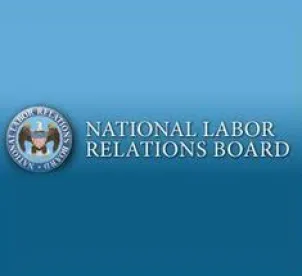December saw a flurry of decisions (discussed here, here, here and here) by the NLRB as it briefly held a full complement. The Board currently has only four members and so law-changing decisions are less likely to occur until a new member is confirmed.
Board cases still proceed through the courts. Sometimes, as we have seen here and here, a federal appeals court refuses to enforce an agency decision. That happened recently in a case where the Board had made it unlawful for an employer to fail to respond to a clearly irrelevant information request. This was an expansion of the law, imposing a legal obligation to respond to an information request that did not trigger an obligation to provide the information. In other words, even though the request for information by the union was not something the employer had a legal obligation to provide, the Board nevertheless found the employer committed an unfair labor practice by failing to “timely respond[] in some timely manner” to the union. We previously reported on this decision.
That case was appealed to U.S. Court of Appeals for the District Columbia Circuit and the court refused enforcement. 823 F.3d 696 (D.C. Cir. 2016) The Board considered the case on remand from the court in Iron Tiger Logistics, Inc., 366 NLRB No. 2 (January 9, 2018). On remand, the Board (Chairman Kaplan and Members Pearce and McFerran) “accept[ed] the court’s interpretation of the facts and the administrative law judge’s decision” and dismissed the complaint. In particular, the Board noted:
Given the judge’s unexcepted-to finding that on the day after requesting the information at issue the Union conceded its irrelevance that the request was ‘bulls%*t,’ we conclude that the Respondent was not obligated to do anything more. A respondent’s obligation with respect to information requests is triggered by requests for relevant information, and the presumption of relevance can be rebutted.
As we reported when the original case was decided, the law regarding information requests applies equally to both employers and unions, so imposing an obligation to respond regardless of the validity of the request can only cause mischief. It creates an obligation to bargain where none previously existed. As labor practitioners know, sometimes the information request is merely a tactic to cause leverage. The Board’s original decision not only furthered, but actually implicitly endorsed, the illegitimate use of information requests.



 />i
/>i

